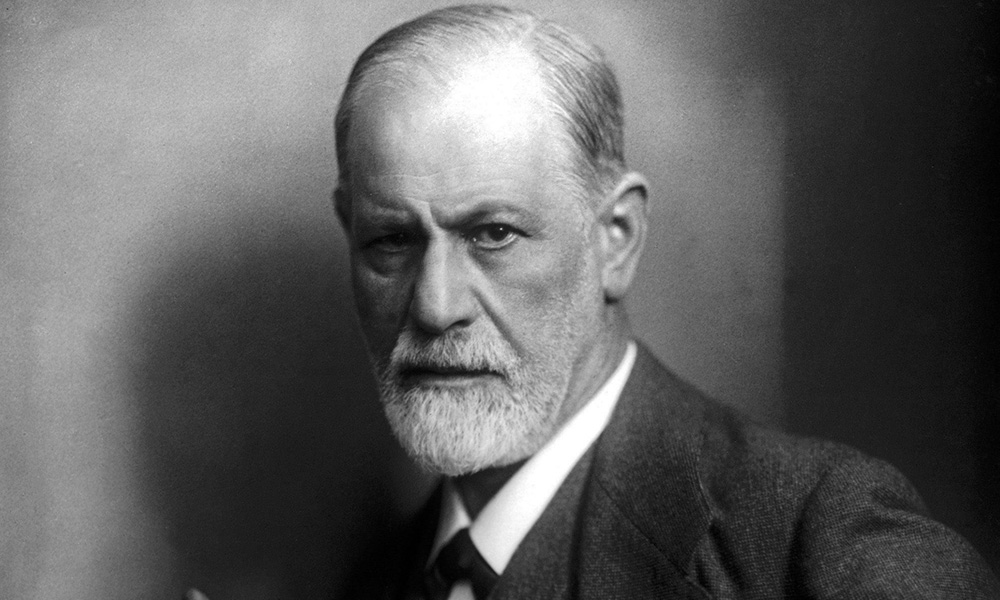
The recent brouhaha over the authenticity or the lack in the tertiary qualification of deputy foreign minister Marzuki Yahya did not dwell on what is assuredly a more important requirement for public office – possession of intellectual ability.
You may be educated to university level but not have intellectual ability, just as you may intellectual power without having attended university.
The distinction is not tendentious: The tertiary-qualified person can tell you what he or she knows in the order in which the person has learned it, along projected lines of logic; the one with intellectual ability is able to illuminate principle with wide knowledge.
The one can show you the way around a building; the other, looking out the window, can tell you what's coming up round the street corner.
In the upper echelons of public policy formulation, the possession of a bachelor's, masters or doctoral qualification is not as important as the possession of intellectual power.
One may have emerged with distinction from university courses but that does not guarantee the possession of intellectual power.
Indeed you would have to go through a university to acquire intellectual ability, but that 'university' is more likely to be the one defined by the English historian Thomas Carlyle as “a collection of books”.

Familiarity with the history of ideas that have moved and stirred humankind through millennia is vital to acquiring intellectual ability.
This familiarity will enable you to develop and proceed from a coherent worldview which you can then apply with imagination and flair on any subject matter.
This is a possession that is prized by those who think that the poet T S Eliot was right when he observed that “to see life steadily and to see it whole” is the highest challenge of this life.
People with estimable academic qualifications but with scant intellectual ability can only aspire to be experts at circumscribed specialities whereas people with intellectual power have the ability to become whole thinkers – ministers without portfolio.
Intellectual power
In political life, individuals in leadership positions must have intellectual power if they want to take people from where they are to where the leader wants them to be.
Leaders who have been great at this task have brought it off through the magnetism of their personality or through the ideas for which they stand.
These ideas, said Sigmund Freud (photo) who analysed several great leaders, “may lay stress on an old group of wishes in the masses, or point to a new aim for their wishes.”

All said, this transformative ability requires intellectual power, but not just that quality.
Towards the end of the last century, Time magazine ran a survey on the most influential people of the 20th century.
The then prestigious magazine chose Franklin Roosevelt as the political leader with the greatest impact in the century because, the publication opined, he led the United States out of economic despair, helped defeat fascism and made the world safe for democracy.
Something of Roosevelt's extraordinary qualities were captured in an encounter the president had with the great US Supreme Court judge Oliver Wendell Holmes, a person widely regarded as something of an intellectual touchstone.
In 1933, the newly installed president paid a courtesy call on the just-retired Holmes, who added lustre to his reputation for deathless aphoristic statements by summing up his visitor as having “a second-class intellect but a first-class temperament.”
Effective leaders cannot just rely on intellectual ability alone. They need more than the power of their minds and vision; they need elan vital, as Roosevelt, a polio sufferer, had.
TERENCE NETTO has been a journalist for more than four decades. A sobering discovery has been that those who protest the loudest tend to replicate the faults they revile in others. - Mkini



No comments:
Post a Comment
Note: Only a member of this blog may post a comment.